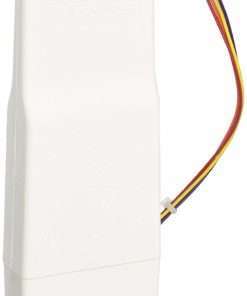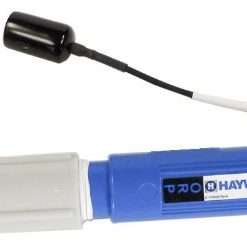Is it difficult to maintain a saltwater pool?
Saltwater pools are a popular choice for homeowners and renters alike, as they offer many health and aesthetic benefits. However, keeping a saltwater pool clean and healthy can be challenging.
One of the most important factors in maintaining a saltwater pool is keeping it balanced. If the pool becomes over-saturated with salt, it can cause chlorine to lose its ability to disinfect the water. This can lead to an increase in algae growth and decreased swimming pleasure.
Additionally, proper cleaning requires regular use of specialized materials and equipment, which may be difficult to acquire or maintain if your pool isn’t regularly serviced by a professional company. In fact, some experts say that it’s almost impossible to keep a saltwater pool clean on your own.
If you’re considering purchasing or leasing a saltwater pool, it’s important to consult with an expert first to determine whether maintaining one is feasible for you.
How do you maintain a saltwater pool for beginners?
If you’re considering starting a saltwater pool, it’s important to know how to properly maintain it. Here are some tips for beginners:
1. Keep the water clean and clear – One of the most important things you can do to keep your pool healthy is to make sure the water is clean and clear. Regularly check the water clarity and make any necessary repairs or replacements as needed.
2. Add salt regularly – One of the main ways you can keep your pool healthy is by adding salt regularly. Salt helps to disinfect and control bacteria, which can cause problems such as green algae growth, foul odors, and cloudy water. Make sure to add enough salt to achieve desired results without being too salty for your fish or plants.
3. Keep an eye on pH levels – Another key factor in keeping a saltwater pool healthy is maintaining a proper pH level. Too low of a pH level can cause problems such as scaling on surfaces, while an excessively high pH level can damage swimming equipment and upset delicate aquatic ecosystems. Check the pH levels regularly and make any necessary corrections as needed.
How long does salt water last in pool?
Pool owners often wonder how long salt water will last in their pool. The answer to this question is generally based on the size of the pool and how often it is used. For example, a small pool that is used only occasionally will likely last for two to four weeks without needing to be replenished, while a larger pool that is used more regularly may need to be refilled every week or two.
How does rain affect salt water pool?
Rain runoff from roofs, gutters, and other surfaces can contain large amounts of salt. When it rains heavily, this runoff can quickly contaminate a pool with salt. This can cause the water to become unpalatable and difficult for fish and other aquatic creatures to swim in. In addition, the pools may become contaminated with bacteria that can make people sick. To avoid these problems, it is important to keep your roof clean and your gutters clear.

















